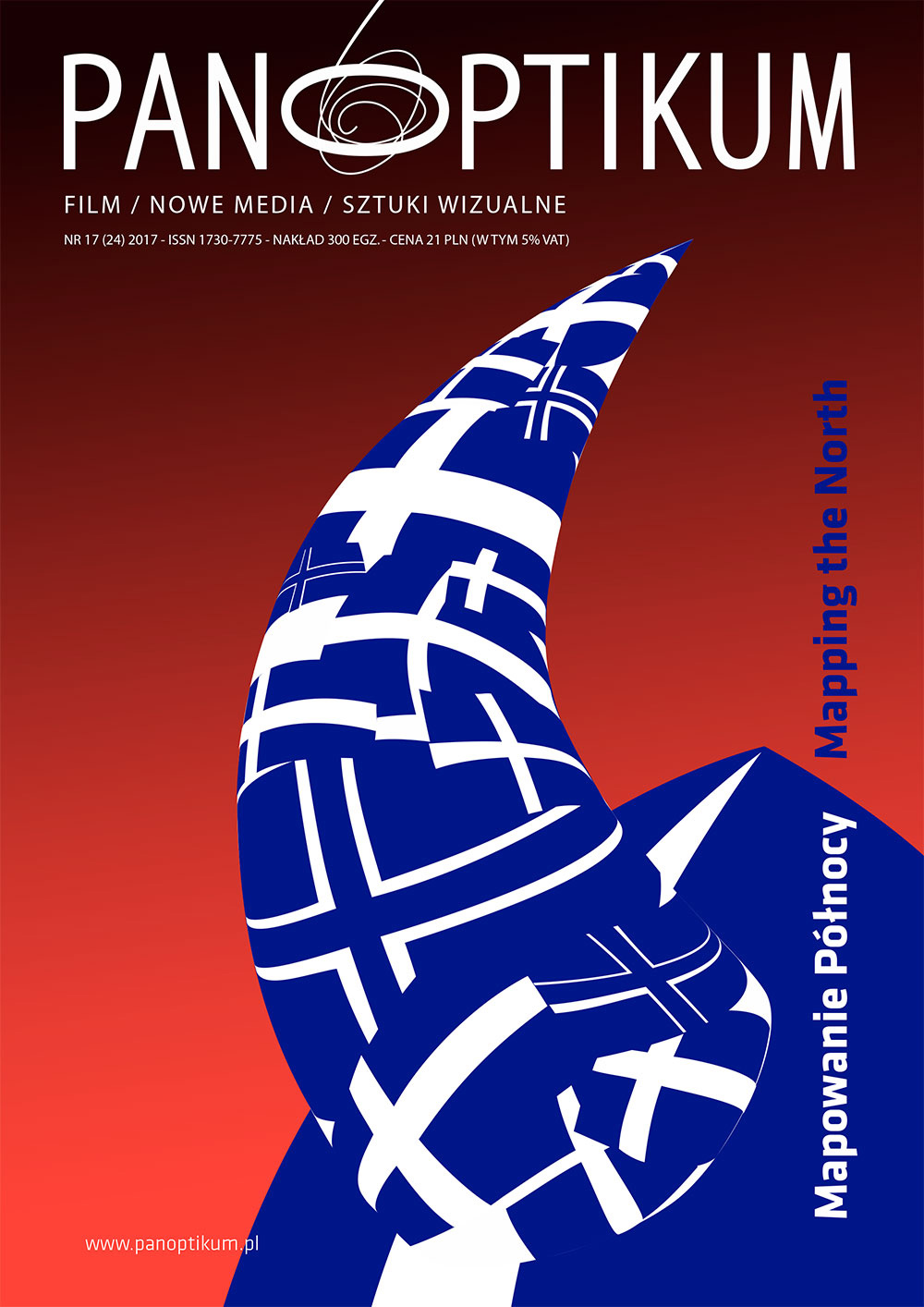Grenlandia i kinematografia – przedstawienia Grenlandczyków w filmie europejskim kontra grenlandzkie produkcje filmowe
Greenland and Cinematography – Representations of Greenlanders in European Cinemas versus Greenlandic Film Productions
Author(s): Agata LubowickaSubject(s): Film / Cinema / Cinematography
Published by: Wydawnictwo Uniwersytetu Gdańskiego
Keywords: Greenland ;film;Cinematography ;
Summary/Abstract: After having been a Danish colony since 1721, Greenland obtained Home Rule in 1979, extended in 2009, and since then it has set the course for a full independence. Despite the fact that Greenlandic independent film production does not have a long genealogy, Greenlanders have been a very keen object of film representations since the very beginning of the history of cinematography, at least in the Danish context. Drawing on the theory of representation within critical discourse analysis of a.o. Edward Said and Homi Bhabha, the article presents an analysis of representations of Greenland in the European cinematography (with a special focus on Danish film productions) as well as the Greenlandic self-representations in the independent Greenlandic film productions. While Greenlanders in the early European films were primarily construed as less civilised, childlike and therefore needing to be protected and educated in order to reach a higher level of cultural and technical development, with the indigenous movements in the ’70s and the Greenlandic fight for home rule, they began to be represented as victims of the Danish colonization and its post-war policy of accelerated modernization. Contrary to those images, Greenland’s own film productions mostly focus on radically different issues mostly concerned with youth urban identities and local attachment rather than the colonial past and its aftermath.
Journal: Panoptikum
- Issue Year: 2017
- Issue No: 17 (24)
- Page Range: 170-190
- Page Count: 21
- Language: Polish

